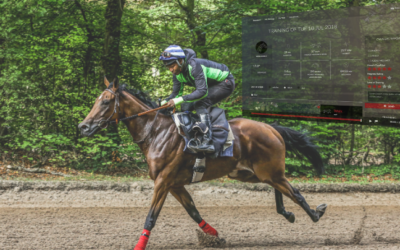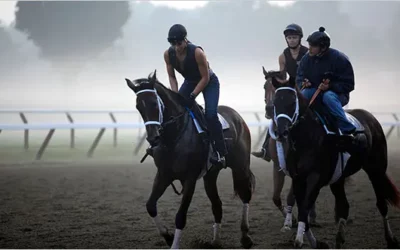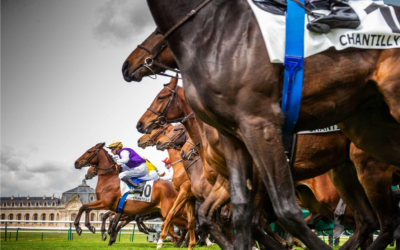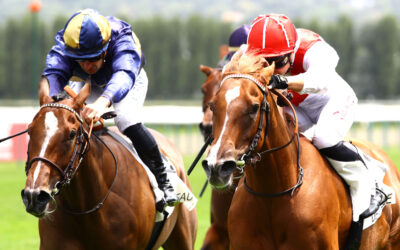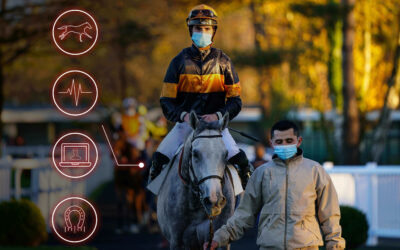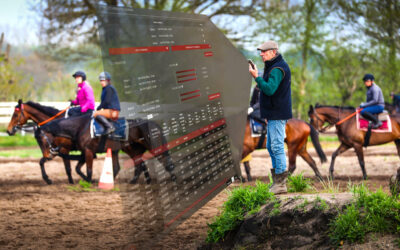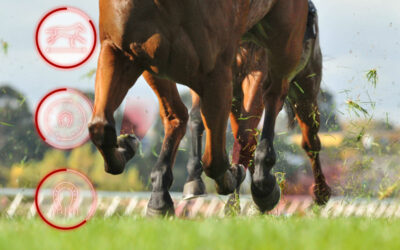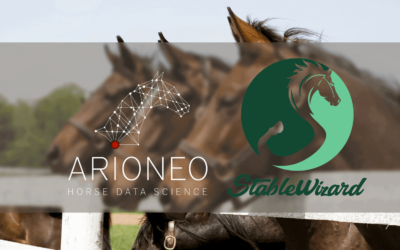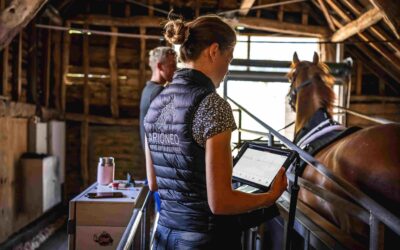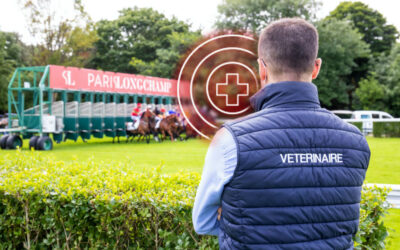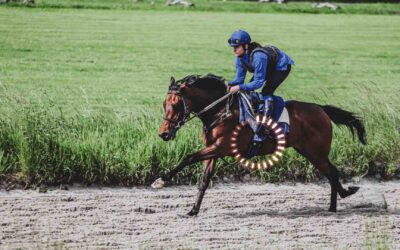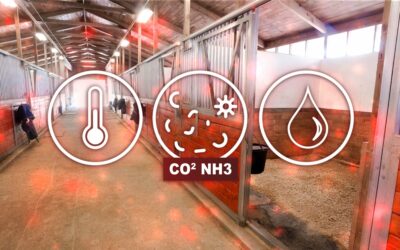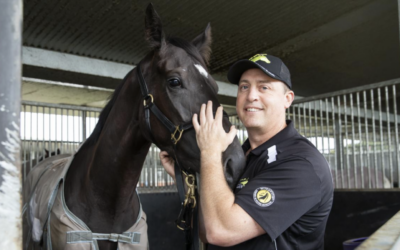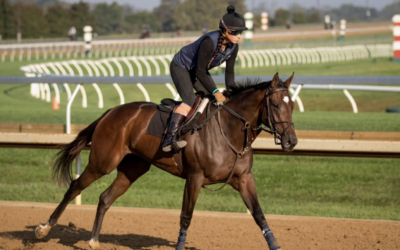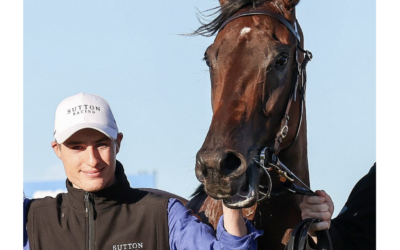EXPLORE OUR BLOG
Here you will find a lot of information to better understand performance and health measurements as well as tips about racehorse training and well-being.
LATEST ARTICLES
Racing Management: how to include data in your entry strategy in 5 easy steps
Data can help backing up your feeling but also guiding logical and rigorous decisions. Here are 5 steps that you can incorporate to your entry strategy.
The use of treadmills, Romane Borrione’s vision
Romane Borrione, a performance and data analyst specializing in racehorses delves into the topic of treadmill training.
Equine Data Revolution: Insights from Dr. Michelle Nihei
The 8th edition of the Cauthen Seminar, on January 22, 2023, explored the convergence of horse racing, training philosophy, and advanced data science. Dr. Michelle Nihei, a distinguished racehorse trainer and Ph.D., delivered a compelling presentation shedding light on “Hoofprints and Philosophy” – Perspectives from Racing and Training.
Trevor Andrews’s Equimetre experience
We were lucky to interview thoroughbred trainer Trevor Andrews regarding his utilization of EQUIMETRE.
Xavier and Louis Blanchet’s Equimetre experience
We had the chance to talk with Xavier and Louis Blanchet, trainers in Chantilly. They shared with us their experience with EQUIMETRE, and how they integrated it into their daily work with horses.
The challenges of the horse racing industry
Horse racing is one of the world’s oldest sports. With the sport trapped inside its conventional framework and developing laws and values, it is clear that this sector is increasingly struggling to adapt, flourish, and progress. What are the horse racing industry’s strengths and weaknesses?
BROWSE AMONG OUR CATEGORIES
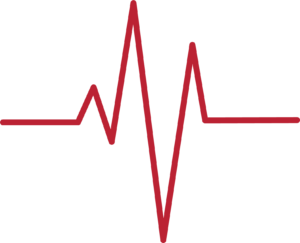
Equine Physiology

Testimonials
Racehorse training
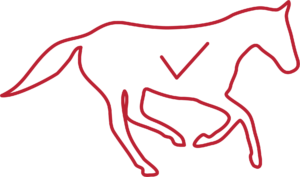
Young racehorses
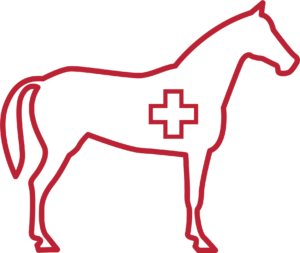
Health & Science
Standardbreds
EQUINE PHYSIOLOGY
No Results Found
The page you requested could not be found. Try refining your search, or use the navigation above to locate the post.
RACEHORSE TRAINING MONITORING
Is training data predictive of race performance?
Every trainer and racehorse wants to be the best in the few minutes after the starting gates open. What if we told you that data may help anticipate a horse’s performance, or at the very least give a horse’s trainer and owner more confidence on the racetrack?
How can data improve your experience as a racehorse owner?
Owning a racehorse is a once-in-a-lifetime opportunity. Seeing your horse run under your colors on a racecourse is priceless. This is an exciting and emotional time! With the emergence of data in the equine sector, this experience has become even more immersive. As a racehorse owner, data allows you to follow your horses’ careers and get involved in their training more closely.
How to integrate a training monitoring tool into your stable?
Monitoring the training of your racehorses allows you to optimize the work and to perform a medical follow-up. Discover in this article how new technologies can help you to realize this follow-up in a relevant way.
What link between heart rate and locomotor profile?
Here is the case of a young horse preparing for a Breeze-up sales. He won two 1200m races in three starts, during the end of his 2yo year. The analysis of his data shows a very low heart rate that we will explain thanks to the analysis of his locomotor profile and an ultrasound of his heart.
Arioneo & StableWizard: partnership for equine welfare
French company Arioneo and Australian company StableWizard, both pioneers in the field of racehorse performance, welfare and health, are partnering to bring cutting-edge technology solutions to the global racehorse training industry.
The benefits of treadmill training on racehorses
This article analyses the treadmill’s influence on racehorse training, spanning from the physiological impact to the practical uses of this equipment, while discussing its limits.
EQUINE HEALTH & SCIENCE
The athletic horse’s medical follow-up: which benefits?
Bringing a horse to its maximum potential, while respecting its physical integrity, is a long road. In this article, you will discover why it is perhaps interesting to set up a medical-sportive follow-up, as well as recommendations to optimize its implementation.
Does sex of the jockey influence racehorse physiology and performance?
Discover the first study to assess the influence of the jockey’s sex on a racehorse’s performance and physiology.
What is the air quality influence on the racehorses’s performance and health?
Air quality is an important factor in the development of respiratory diseases. Small changes in daily life can have an impact on your racehorse’s health.
YOUNG RACEHORSES MONITORING
No Results Found
The page you requested could not be found. Try refining your search, or use the navigation above to locate the post.
STANDARDBREDS TRAINING
No Results Found
The page you requested could not be found. Try refining your search, or use the navigation above to locate the post.
TESTIMONIALS
In Brisbane: Tony Gollan’s Equimetre experience.
From his journey with data collection to the benefits of using EQUIMETRE, Tony shares how data-driven decisions have enhanced his training outcomes.
Lexington trainer: Kara Lin Toye’s Equimetre experience.
The Keeneland meet is always a good opportunity to meet and greet our Equimetre users based in Kentucky, including Kara Lin Toye.
She told us about her experience with Equimetre and how she integrates it into her daily work with horses.
From Flemington to Ballarat: Dom Sutton’s Equimetre experience
Our representatives from Arioneo in Australia had the opportunity to speak with Dom Sutton at his stables in Ballarat about his experience with and use of Equimetre. As young startup stable, transitioning from Flemington to Ballarat, data has been a strong asset in the team organization.

